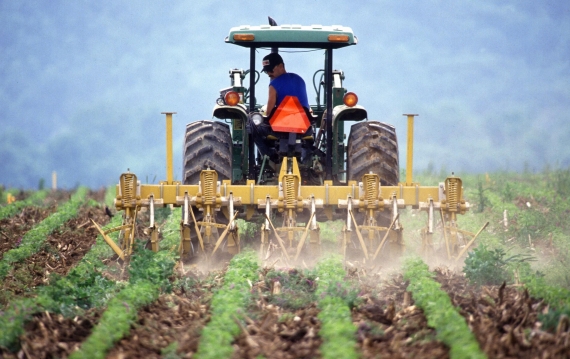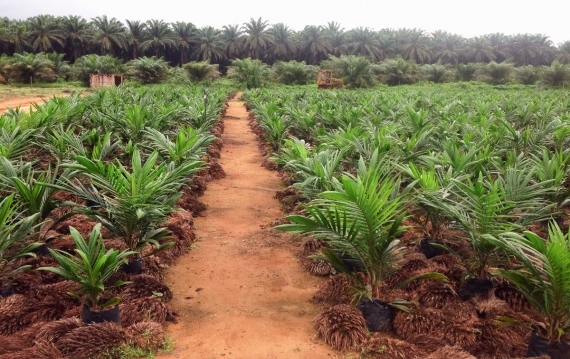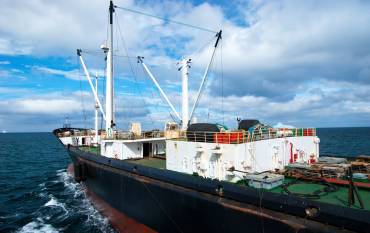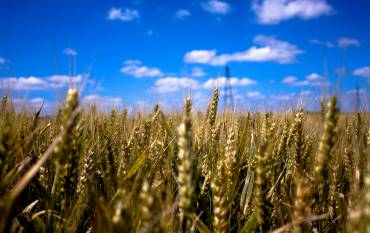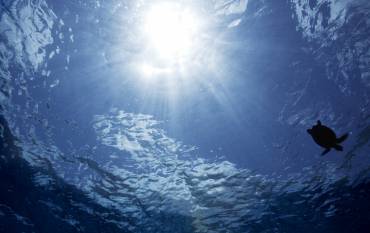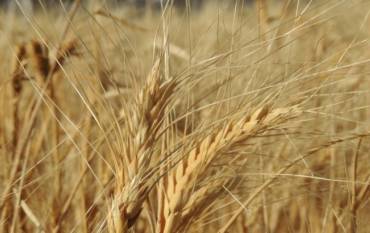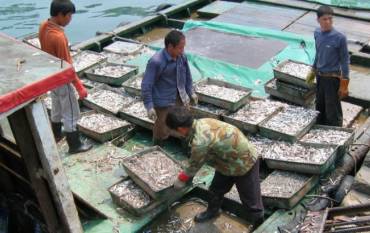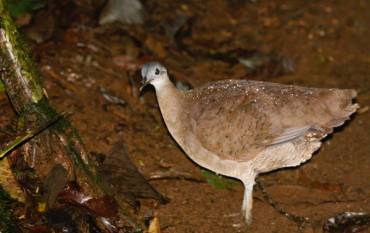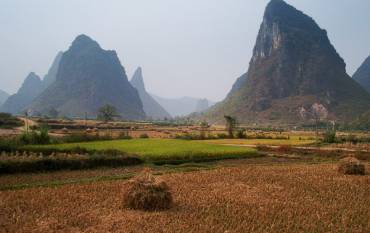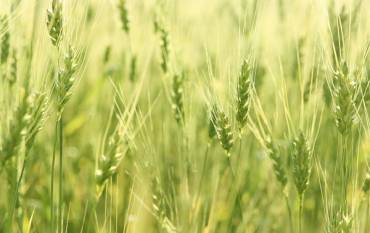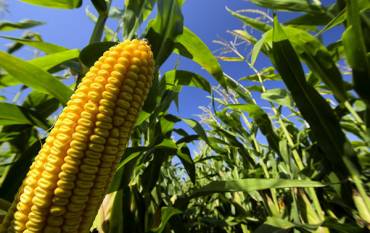The Stanford School of Earth, Energy & Environmental Sciences is now part of the Stanford Doerr School of Sustainability.
This page is currently being maintained for archival purposes only. For the latest information, please visit us here.
Food and Agriculture
October 21, 2015
Stanford School of Earth, Energy & Environmental Sciences
February 20, 2015
<p>Stanford School of Earth, Energy & Environmental Sciences</p>
February 10, 2015
<p>Stanford School of Earth, Energy & Environmental Sciences</p>
February 10, 2015
Stanford Center on Food Security and the Environment
New research by a Stanford team shows that climate change is expanding the amount of U.S. agricultural land that is suitable for harvesting two crops per growing season, a system known as double cropping. The practice offers higher productivity and more income for American farmers, but future yield losses from climate change may still outstrip the gains from double cropping.
January 8, 2015
Stanford FSI
A new study by Roz Naylor and postdoctoral scholar Ling Cao offers the clearest picture to date of China’s enormous impact on wild fisheries. The study also presents a more sustainable alternative to the current practice of using wild-caught fish to feed farm-raised fish.
September 12, 2014
Stanford University
Earth Systems alumnus Dan Karp is the co-lead author of a new study in Costa Rica that revealed that habitat destruction significantly reduces the incidence of evolutionarily distinct species.
September 8, 2014
Stanford Report
Peter Vitousek and colleagues in China have shown in a new Nature study that Chinese farming practices could be designed to simultaneously improve yields and substantially reduce environmental damages.
- ‹ previous
- 3 of 4
- next ›
Subscribe to Earth Matters
A free monthly bulletin for your inbox



